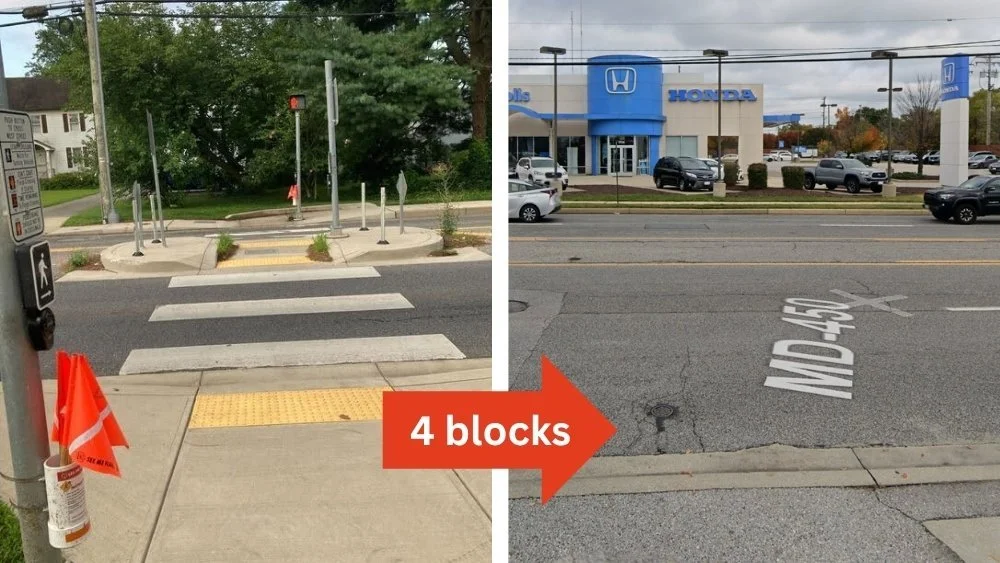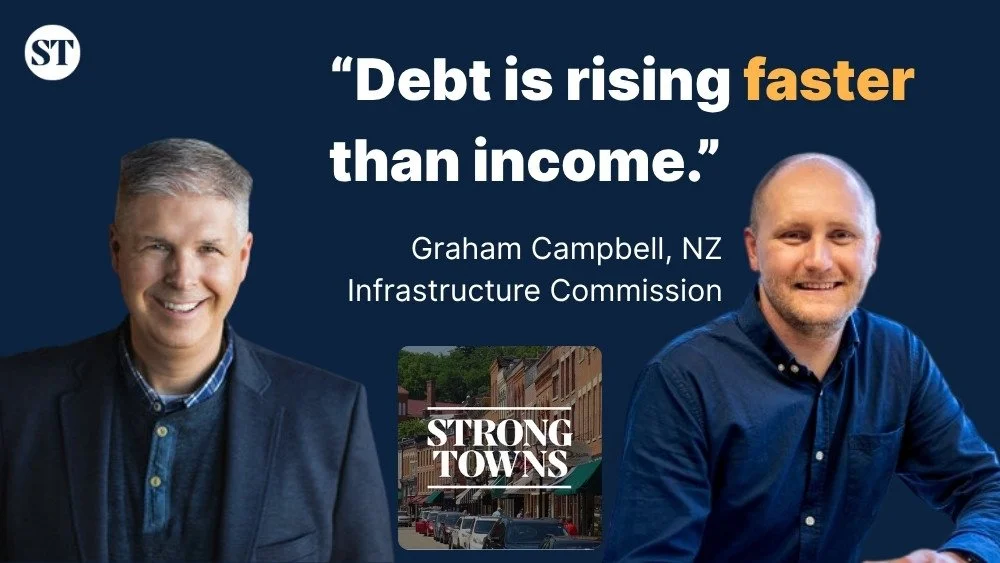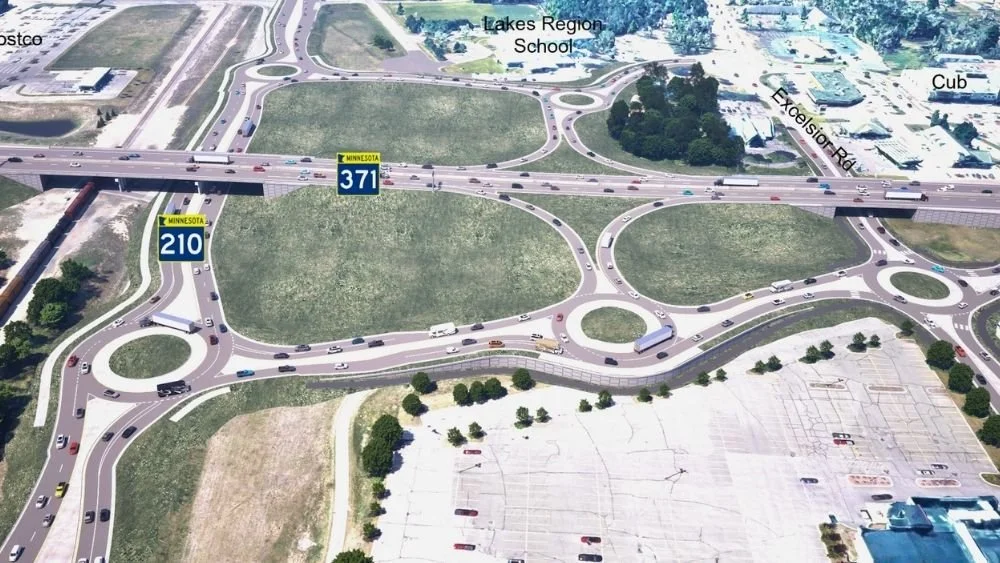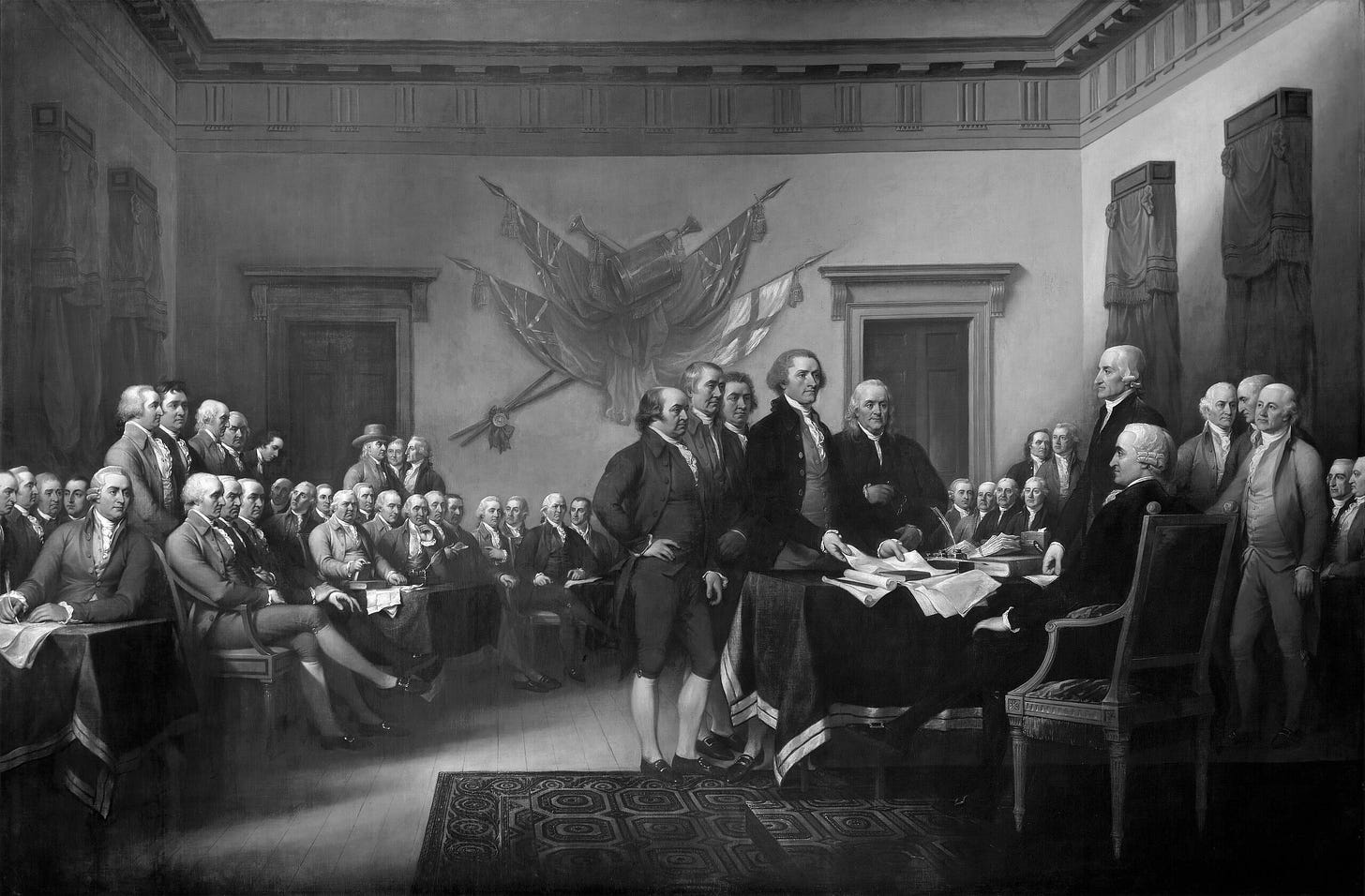Summary To improve productivity Australia needs to shift taxes off work and enterprise and onto the economic rents from land, natural resources, and monopolies. This principle should be at the heart of any economic reform agenda. Income tax should be rebalanced to favour productive effort over unearned gains, beginning by scrapping CGT concessions. States should […]
The post Economic Reform Roundtable submission first appeared on Prosper Australia.






